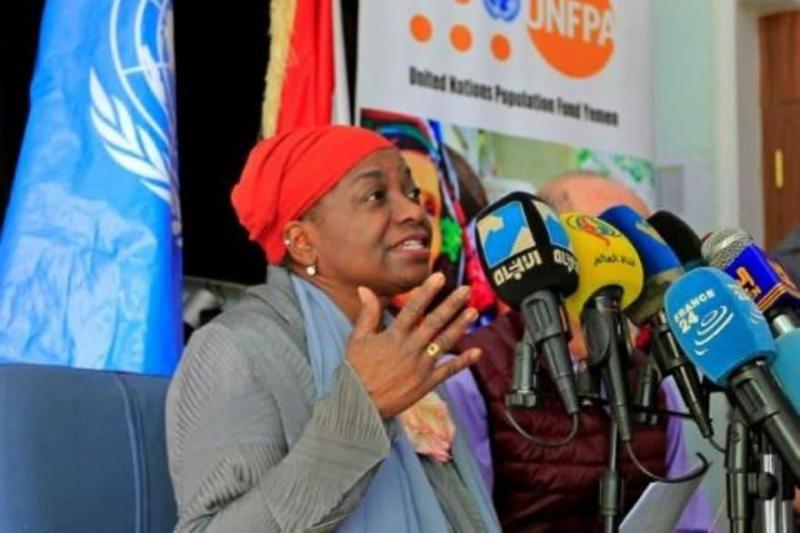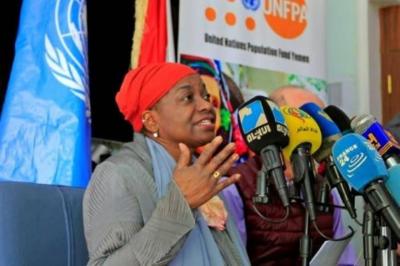A UN official warned in an interview with Agence France-Presse that Afghanistan is at risk of "imminent hunger" as winter approaches and services are disrupted following the Taliban's return to power. Natalia Kanem, Executive Director of the United Nations Population Fund (UNFPA), stated that the situation in Afghanistan is critical. She added in the video interview, "It is not an exaggeration to say" that one-third of the Afghan population, which totals 33 million, is threatened by "imminent hunger."
She explained that the harsh winter and the inability to transport supplies to isolated areas in the mountainous country, along with the COVID-19 pandemic, will exacerbate an already complex situation. Kanem, speaking from UNFPA's headquarters in New York, expressed "great concern about how health care will be provided and where the next shipment of aid will come from."
The Panamanian doctor warned that women and girls will bear the worst consequences. She emphasized that this is "especially urgent for women and girls who were already suffering. This is one of the countries with the highest maternal mortality and pregnancy rates." She added, "We cannot emphasize enough that even during transitional periods, women and girls have human rights that must be respected."
Kanem reiterated international calls to the Taliban, which took power last month as the United States withdrew its last troops, ending a 20-year war. In this context, she stated, "Afghan women have made it clear over the years that they want education and health care, and they are ready, willing, and able to implement programs and take on leadership roles."
Taliban leaders are attempting to portray the movement as more moderate than it was when it ruled Afghanistan from 1996 to 2001, during which time women were banned from school and work, and were only allowed to leave home with a male escort. The movement has promised to respect women’s rights within the framework of Islamic law, but many Afghans and observers remain skeptical. No women have been appointed to the interim government announced by the Taliban, which appears to be tightening freedoms for Afghans.
Kanem emphasized that many Afghan women, especially in the most violence-affected areas, are the sole breadwinners for their families. "We are all eagerly looking forward to an organization and capability to deliver goods" to people in small areas where many UNFPA staff are women. She added, "We stated that we want to be able to maintain an effective health system." However, she acknowledged that this now represents "a major challenge with the airport closed and some experts leaving the country."
The Executive Director of UNFPA warned that if the health system collapses, it would lead to a "complete disaster," but noted that most of the Fund's family health centers remain open. The United Nations released $45 million in emergency aid on Wednesday to support the health system in Afghanistan.




